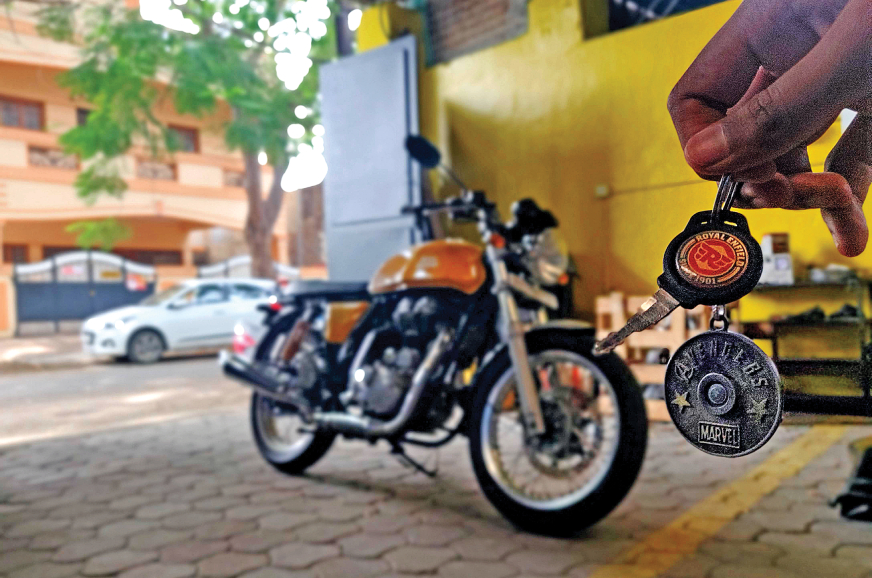
Does car shopping make your head spin? It is easier to select a quality vehicle once you know more on this topic. The information included here can simplify the entire process of purchasing a car.
Before beginning your car shopping journey map out exactly how much of a payment you can afford. Take the time to write out a budget and see how much money is left over each month. By doing this one step, you can avoid getting into a situation where you put a financial strain on your budget.
Do not make the mistake of focusing on only the monthly payment amount when you are car shopping. This can cause you to buy a more expensive car than you can really afford. You need to focus on the total cost of the vehicle itself and whether that is a good deal.
Rather than buying a brand-new car, purchase a lightly used one that is only a couple of years old. Many cars come with transferable warranties that last for three years or 36,000 miles. You will save a significant amount over buying new, and the warranty will give you peace of mind for the first year or so.
Do not pay for lots of extras when you are buying a car. Sure, it would be nice to have a lot of fun features in your new car, but do you really need them? Every toy or gadget you add jacks up the price of the car considerably. Figure out what you really need, and just stick to that.
Have a budget in mind before you go car shopping. This involves assessing your monthly income and bills, and having a clear understanding of how much you can really afford to add to those. Doing this will help you to stay in budget when you make your new car purchase.
Set a budget and stick to it when shopping for a car. It can be very hard to stick to a budget when you find a car that you really want, but there is nothing good about an impulse buy. Figure out what you can afford before you start looking so that you do not break the bank.
Get a vehicle history report for any car you are seriously considering. All you need is the vehicle identification number (VIN). This report can tell you about the car’s accident and repair history, as well as whether the car has been in a flood or other disaster. Some sites allow you to pay for a one-month subscription, which is handy if you will be pulling reports on multiple vehicles.
Find out about dealers before choosing one. Start by asking your trusted friends, family, and neighbors about their positive and negative experiences with car dealers in the area. Furthermore, look up the dealers online at the Better Business Bureau website. Watch for any red flags about misleading or unfair business practices.
A dealer with a great reputation may offer you a better deal than one which advertises great prices. You may find that a dealer who people like to buy from offers perks which aren’t available elsewhere, including reduced pressure sales tactics and lower overall price due to freebies thrown in to the sale.
Ask the salesperson tough, detailed questions about the car. Make a list before you go based on internet research so that you know the answers. If they get any wrong, you know you’re dealing with an inexperienced, knowledge lacking sales force, which shows a low-quality dealership is in place.
Before you make your final selection of a car, talk to your insurance agent. Some types of vehicles can cause your insurance to go up significantly. This increase in monthly insurance premiums might leave less in your budget to afford the car of your dreams. By having a clear understanding of the total cost to own the car, you can make an educated decision.
Never buy a car without test driving it first. That even includes brand new cars and trucks. Not only do you want to make sure the car is mechanically sound, you also want to see how the car fits you. Decide if the car “feels” right. Some cars are not designed for taller people, for instance.
Try to avoid being taken to a “closing” room. When reaching the final stages of negotiation, many salespeople take the customer to a separate room, and sometimes even a separate “closing” salesperson. Try to avoid this if possible, staying in the open where you are less likely to be intimidated.
Bring up the fact that you have a trade in after you have negotiated a fixed price. They might not offer much for your trade-in, so get to a good price in the new car before you make a deal. It comes down to the fact that you have been through the wringer, and it is time to finish the sale.
You can buy a car online, skipping the dealership and allowing you to avoid high-pressure sales tactics. This is even possible for new cars on some lots, so do your research and find the car you want. Obviously, you won’t get to take a test drive if you never go to the lot, though.
If you must have that brand-new car as soon as it rolls off the production line, understand you will pay more for it. Cars are always more expensive the second they roll off the line, and it is easier to get a deal on them after they have been in the dealership for a few months.
When you get financing from a dealership, you must scrutinize the contract you are offered. You need to know how much you’re being given, what the interest rate is, how soon it is due in full, how much the payments are, when the payments are due, what happens when you miss a payment, etc.
When you head out to buy your next new car, keep these tips in mind. Utilize this article as a guide in order to assist you in your car shopping. Take it along as a reference guide.



